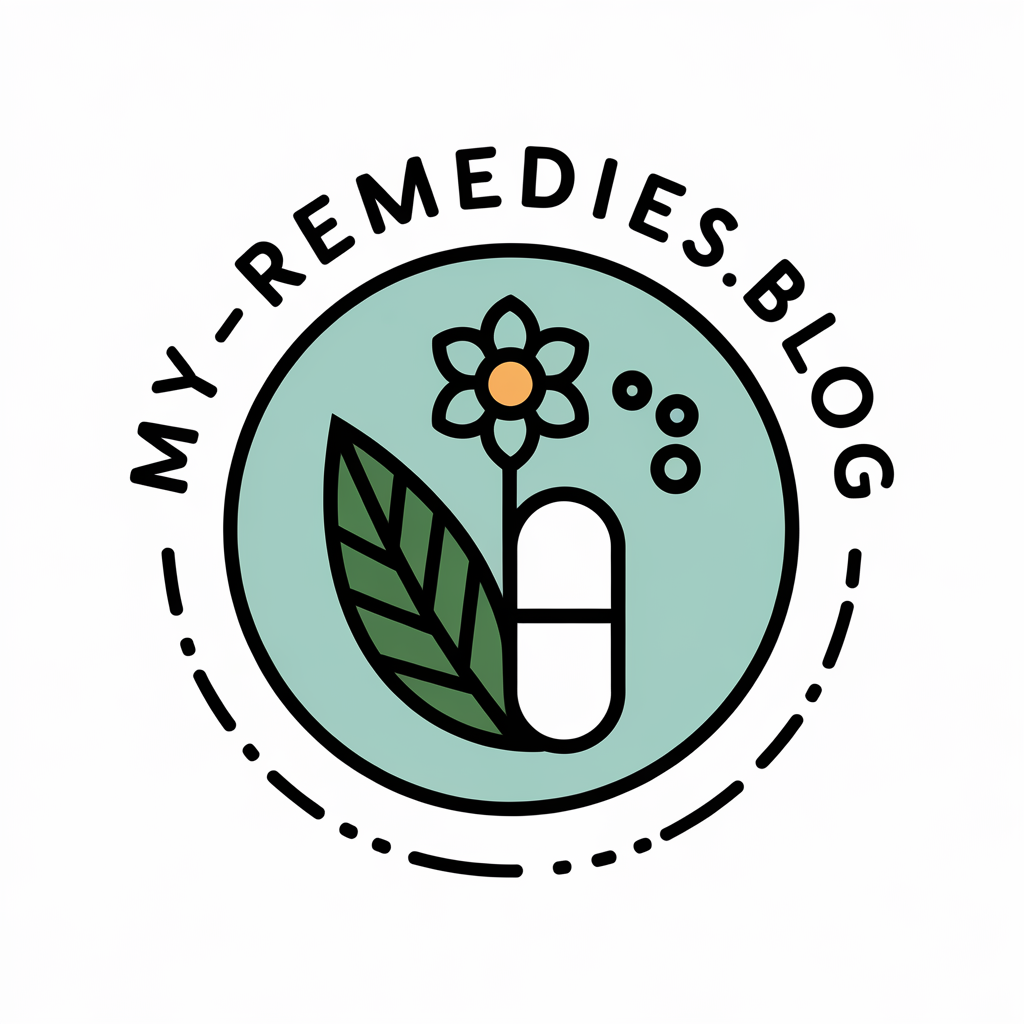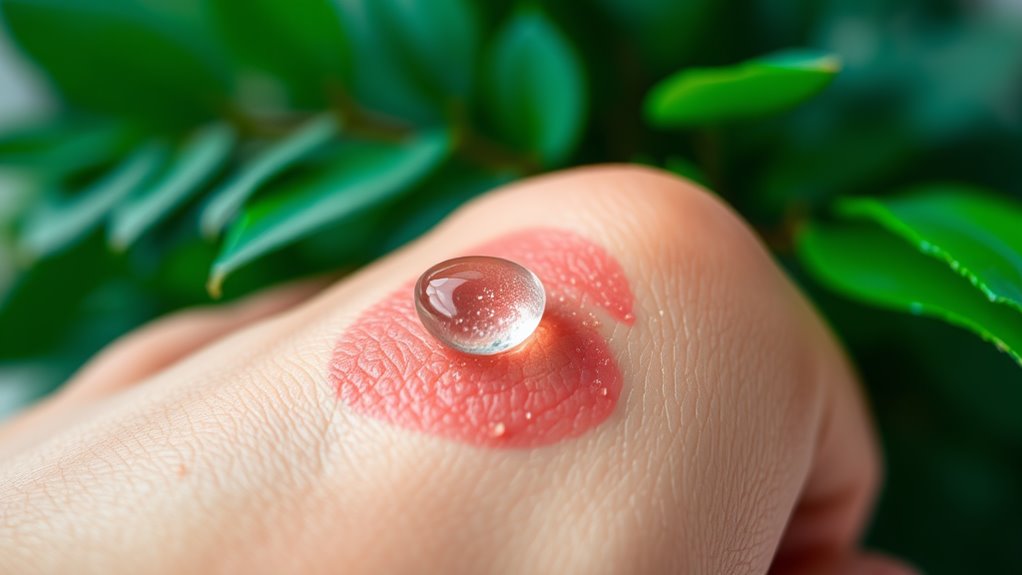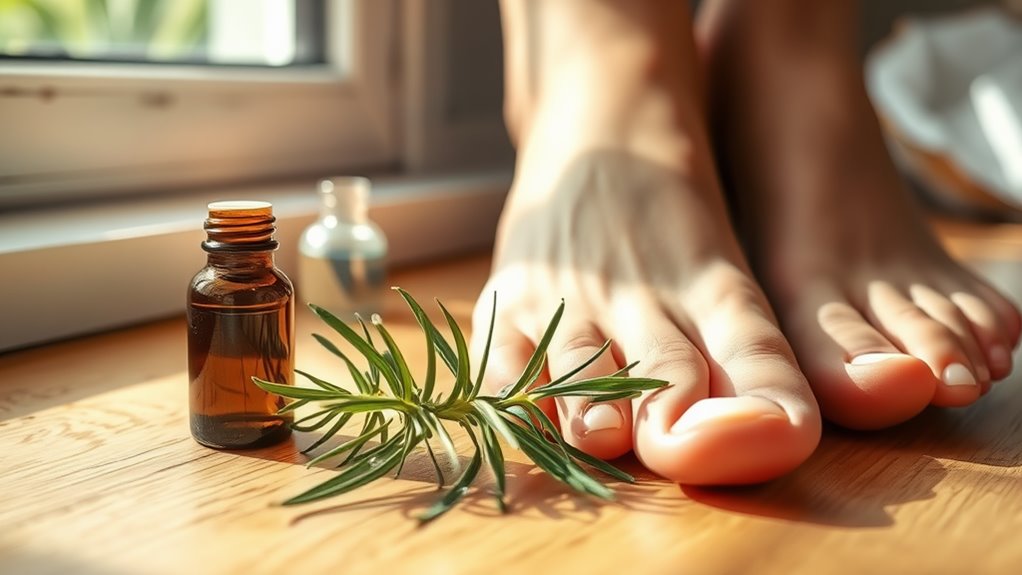Itchy Skin. This Fungal Fix Works Like Magic
If you’re dealing with itchy skin, it could be a fungal infection that thrives in warm, moist conditions. Common symptoms include red patches, blisters, and persistent itching. A magical fix for this issue is tea tree oil, known for its strong antifungal properties. Coconut oil can also help moisturize while fighting fungi. Remember, maintaining proper hygiene and avoiding irritants are key to prevention. Keep exploring to discover more tips and effective solutions for your skin health.
Key Takeaways
- Fungal infections often cause itchy skin, characterized by red, scaly patches and persistent discomfort.
- Tea tree oil is a powerful antifungal remedy that can be applied topically for effective relief.
- Coconut oil not only moisturizes but also inhibits fungal growth, making it a dual-purpose treatment.
- Apple cider vinegar helps restore the skin’s pH balance, creating an environment unfriendly to fungi.
- Consulting a healthcare professional ensures proper diagnosis and personalized treatment for fungal infections.
Understanding Skin Fungal Infections
When you experience persistent itching or discomfort on your skin, it could be a sign of a fungal infection.
These infections, caused by various fungi, thrive in warm, moist environments and can affect anyone. Common types include athlete’s foot, ringworm, and yeast infections.
You may notice red, scaly patches or blisters that can lead to further irritation.
To combat these issues, you might consider a natural remedy for skin fungus. Options include tea tree oil, coconut oil, or apple cider vinegar, which possess antifungal properties.
However, while these remedies can offer relief, it’s important to consult a healthcare professional for a proper diagnosis and treatment plan to guarantee effective management of your condition.
Common Symptoms of Itchy Skin
Fungal infections often lead to a range of symptoms that can greatly impact your comfort. One of the most common is persistent itching, which may vary in intensity and can be localized or widespread.
You might also notice redness and inflammation around the affected area, indicating irritation. Skin may appear dry, flaky, or scaly, leading to further discomfort.
In some cases, blisters or pustules can develop, which may ooze or crust over. Additionally, you might experience a burning sensation or soreness, particularly if the skin is scratched.
If left untreated, these symptoms can worsen, affecting your daily life. Recognizing these signs early can help you seek appropriate treatment and relieve your symptoms effectively.
Natural Remedies for Fungal Infections
When you experience common fungal infections like athlete’s foot or ringworm, effective natural treatments can provide relief. Utilizing ingredients such as tea tree oil, garlic, and apple cider vinegar may help combat these infections. Understanding these remedies can empower you to manage and alleviate your symptoms effectively. Additionally, many treatments incorporate scientifically-proven remedies for reliable results.
Common Fungal Infections
Although itchy skin can be a nuisance, identifying the common fungal infections that cause it’s essential for effective treatment.
Fungal infections like athlete’s foot, ringworm, and candidiasis are prevalent culprits. Athlete’s foot often manifests between your toes, leading to intense itching and flaking.
Ringworm, characterized by its circular rash, can appear on various body parts and is highly contagious.
Candidiasis, or yeast infection, commonly affects moist areas such as the mouth and genitals, resulting in redness and discomfort.
Understanding these infections helps you recognize symptoms early, allowing for prompt intervention.
Effective Natural Treatments
Natural remedies can be an effective way to combat fungal infections and alleviate associated itching. These treatments often utilize ingredients with antifungal properties, providing a more gentle alternative to conventional medications.
Here are some options you might consider:
-
Tea Tree Oil: Known for its strong antifungal effects, it can be applied directly to the affected area.
-
Coconut Oil: Rich in medium-chain fatty acids, it helps inhibit fungal growth while moisturizing the skin.
-
Garlic: Its antifungal compounds can be consumed or applied topically to support skin health.
-
Apple Cider Vinegar: Diluted with water, it can restore the skin’s pH balance and create an unfavorable environment for fungi.
Always consult a healthcare professional before starting any natural treatment.
The Magical Solution for Itchy Skin
If you’re struggling with itchy skin, the solution might be simpler than you think. Fungal infections often contribute to persistent itching, and addressing the underlying cause can provide immediate relief.
Antifungal treatments, such as topical creams or oral medications, effectively target the fungus responsible for your discomfort. These medications work by inhibiting fungal growth, allowing your skin to heal and reducing inflammation.
Additionally, maintaining proper hygiene and keeping your skin dry can prevent future flare-ups. Remember to consult a healthcare professional before starting any treatment, as they can help identify the specific fungal infection and recommend the most effective approach.
With the right treatment plan, you can regain comfort and restore your skin’s health.
Tips for Maintaining Healthy Skin
To maintain healthy skin, focus on hydration and moisturization to keep your skin barrier intact. Incorporating a balanced diet rich in essential nutrients will also support skin health. Additionally, implementing effective sun protection strategies is vital for preventing damage and preserving your skin’s integrity. Moreover, using gentle moisturizers can significantly enhance hydration and comfort for dry, itchy skin.
Hydration and Moisturization
Proper hydration and moisturization are essential for maintaining healthy skin, as they help to restore the skin’s barrier function and prevent irritation.
To achieve ideal hydration, follow these tips:
- Drink adequate water daily to keep your skin hydrated from within.
- Use a moisturizer that suits your skin type, applying it immediately after bathing to lock in moisture.
- Consider incorporating humectants like glycerin or hyaluronic acid for enhanced hydration.
- Avoid hot showers, as they can strip natural oils, leading to dryness.
Balanced Diet Essentials
A balanced diet plays an essential role in maintaining healthy skin, as it provides necessary nutrients that support skin structure and function.
Incorporate plenty of fruits and vegetables, as they’re rich in antioxidants, which combat oxidative stress and promote skin repair. Omega-3 fatty acids, found in fish, walnuts, and flaxseeds, help maintain skin hydration and elasticity.
Don’t forget to include lean proteins, such as chicken, beans, and legumes, which are critical for collagen production. Limit processed foods and sugars, as they can exacerbate inflammation and skin conditions.
Staying hydrated is equally important, so drink adequate water throughout the day.
Sun Protection Strategies
While enjoying the sun can be beneficial for mood and vitamin D production, protecting your skin from harmful ultraviolet (UV) rays is essential for maintaining its health.
Here are some effective sun protection strategies:
-
Use a broad-spectrum sunscreen*: Choose one with an *SPF of at least 30 and apply it generously before sun exposure.
-
Reapply regularly: Reapply sunscreen every two hours, or more often if you’re swimming or sweating.
-
Seek shade: Limit direct sun exposure during peak hours, typically between 10 AM and 4 PM.
-
Wear protective clothing: Opt for long sleeves, hats, and UV-blocking sunglasses to shield your skin.
Implementing these strategies will help you minimize skin damage and maintain healthy skin.
When to Seek Professional Help
Wondering when it’s time to seek professional help for itchy skin? It’s vital to recognize the signs that indicate you need medical attention. If your itching persists despite home treatments, worsens over time, or is accompanied by other symptoms, consult a healthcare provider.
| Signs | Action |
|---|---|
| Persistent itching | Schedule an appointment |
| Skin lesions or rashes | Seek evaluation |
| Fever or swelling | Go to the emergency room |
Ignoring these indicators can lead to complications. A professional can provide a proper diagnosis and recommend effective treatments tailored to your condition. Don’t hesitate to seek help—your skin health is essential.





